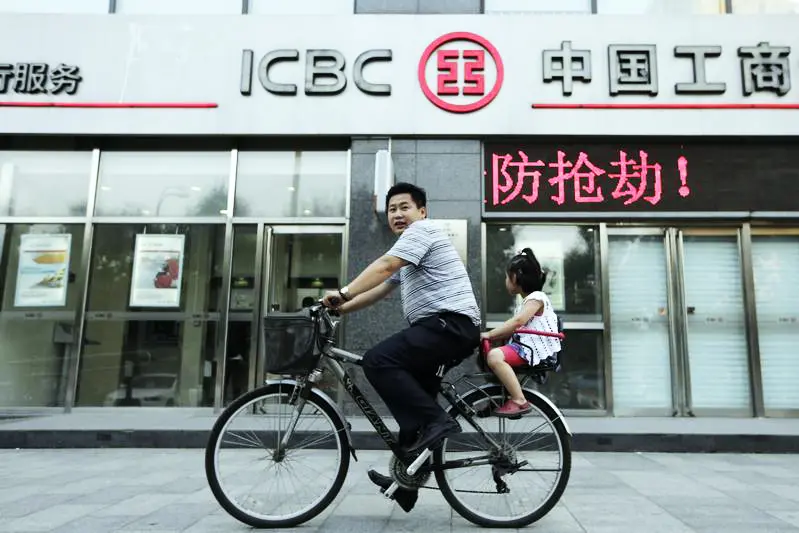PHOTO
SHANGHAI/BEIJING, May 9 (Reuters) - China may suffer from a financial crisis and economic recession if the government relies too much on debt-fuelled stimulus, the official People's Daily quoted an "authoritative person" on Monday as saying.
The People's Daily, official paper of the ruling Communist party, in a question and answer interview quoted the person as saying excessive credit growth could heighten risks and trigger a financial crisis if not controlled properly.
"Trees cannot grow to the sky. High leverage will inevitably bring about high risks, which could lead to a systemic financial crisis, negative economic growth and even wipe out ordinary people's savings," the person, who was not named, said in response to a question on whether stimulus should be used in future economic policy.
"We should completely abandon the illusion of reducing leverage by loosing monetary conditions to help accelerate economic growth."
The People's Daily has in the past used reports quoting an "authorative person" to communicate thinking on key points of economic policy.
The government must rein in risks in stock, currency, debt and property markets as well as banking sector, the person said in the report.
China's economic trend in the coming years will be "L-shaped", rather than "U-shaped", and definitely not "V-shaped", due to weak demand and overcapacity, the paper said.
China's economic growth will not drop abruptly even without stimulus, given its potentials and resilience, it added.
The warning came after data showed the world's second-largest economy rebounded in March as the government quickened investment in infrastructure backed by a flood of bank credit.
China's economic growth slowed to 6.7 percent in the first quarter - the weakest since the global financial crisis, but activity picked up in March after a series of policy steps.
Chinese officials and state media have since sought to talk up the economy in a bid to shore up investor confidence following recent stock and currency market turmoil.
But the People's Daily report said while much of the growth was investment-driven, structural problems persist, suggesting it could take many years before new engines of growth begin to lead growth.
(Reporting by Samuel Shen, Pete Sweeney and Kevin Yao; Editing by Simon Cameron-Moore and Sam Holmes) ((samuel.shen@thomsonreuters.com; +86 21 6104 1789; Reuters Messaging: samuel.shen.thomsonreuters.com@reuters.net))





















